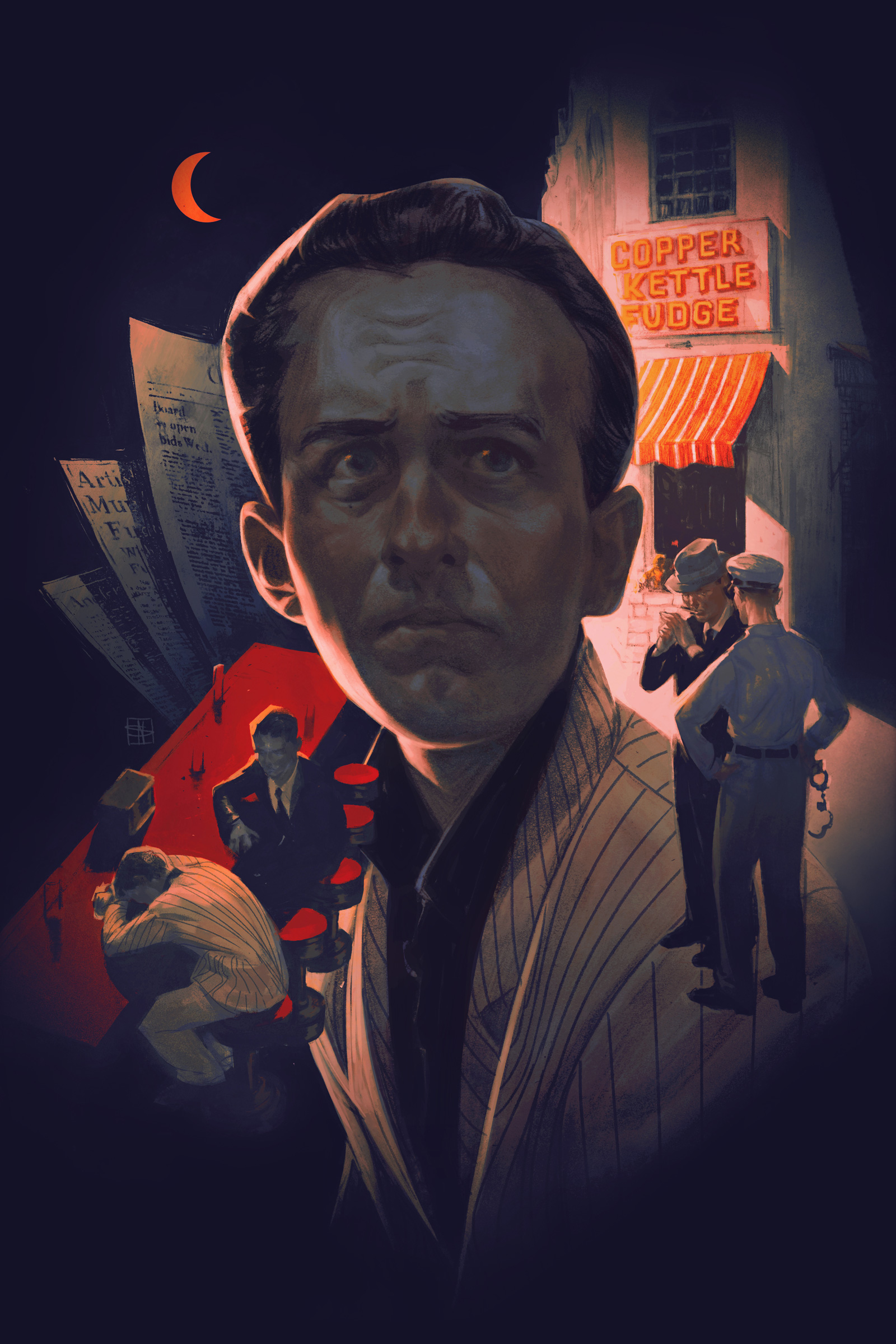Must Read
Prince Harry’s Struggle with Grief and Family Legacy: A Tale of Isolation and Reflection
Grief can be a complex beast, often morphing from a natural response to loss into an all-consuming obsession.
For Prince Harry, the death of his mother, Princess Diana, is not merely a painful memory; it has become an integral part of his identity.
He frequently reflects on this tragedy, allowing it to shape his life in profound ways.
However, while Harry openly mourns, his uncle, Earl Charles Spencer, seems to harbor a different kind of bitterness, raising eyebrows with his recent actions that have ignited speculation about their implications.
Recently, Charles Spencer took to Instagram to share poignant black-and-white photographs of his ancestors, including his grandfather and great-grandfather.
While these images were undoubtedly captivating, they sparked a flurry of discussion—not for their historical value, but for what they lacked: a mention of Prince Harry.
As royal enthusiasts marveled at the striking resemblance between Prince William and the Spencer lineage, one question loomed large: why was Harry conspicuously absent from this family narrative?
The omission did not go unnoticed, leading some to ponder whether it was a mere oversight or a pointed message.
Adding fuel to the fire are the persistent rumors surrounding Harry's parentage—speculations that Major James Hewitt, Diana's former lover, could be his biological father.
Charles Spencer's recent social media activities seem to unintentionally amplify these long-standing theories, as there's been a noticeable absence of Harry in family tributes.
Has the Spencer family made a statement about Harry's place within their lineage, or are they simply celebrating their heritage without considering the ramifications?
The rift between Harry and his family has widened significantly since he published his memoir, “Spare,” where he aired grievances against the royal family.
In it, he paints himself as the overlooked second son, overshadowed by his brother, William.
Yet, one must wonder if Harry's actions are contributing to his own isolation.
By distancing himself from both the Spencers and the Windsors, is he inadvertently pushing away those who could help keep his mother's memory alive?
One would think that Althorp Estate, where Diana is buried, would serve as a bridge connecting Harry to the Spencer family.
This ancestral home holds deep emotional significance, yet Harry has not visited in years.
Instead of honoring his mother by visiting her resting place, he opts for public discussions through interviews and media outlets.
Meanwhile, Charles Spencer continues to maintain the estate and share its history, all while Harry remains absent from the narrative.
It's intriguing to note how the Spencer family appears to be aligning more closely with Prince William, the future king, while Harry finds himself increasingly marginalized.
The public's perception of Harry has shifted dramatically; once seen as the charming, rebellious prince, he now faces scrutiny over his choices and motivations.
Has he become so entrenched in past grievances that he's unable to forge a new path forward?
As William embraces his role and the Spencer legacy, Harry seems to be drifting further away.
Prince Harry's ongoing fixation on his mother's tragic death raises critical questions about his future.
Is he trapped in a cycle of grief that prevents him from moving forward?
His obsession with the past may be clouding his judgment, leading him to overlook the very relationships that could help him honor Diana's legacy.
Perhaps it's time for Harry to shift his focus from validating his pain through public discourse to actively building connections with his family.
The Spencer family's recent actions reveal a stark reality: Harry is more alone than ever.
While he clings to his narrative of victimhood, the world around him continues to evolve.
Time waits for no one, and the longer he remains entrenched in his current mindset, the harder it will be to reconnect with his roots.
His children might one day question their place in both the royal family and the Spencer heritage, leaving Harry with no answers.
As Harry stands at this crossroads, the choices before him are significant.
He can either persist in his isolation or take steps toward reconciliation.
Visiting Althorp and reconnecting with his family could be a powerful gesture, allowing him to embrace his heritage rather than reject it.
The path to redemption is never straightforward, but it begins with accountability and a willingness to mend broken ties.
Ultimately, Harry's struggle is not just with the royal family or the Spencers; it's with himself.
The challenge lies in finding a way to honor his mother without being shackled by the weight of grief.
The Spencer family's ability to move forward while cherishing Diana's memory poses a question for Harry: can he break free from the narrative he has constructed, or has he already traveled too far down this road to turn back?
The future of Prince Harry hangs in the balance.
Will he choose to remain a figure of controversy, forever defined by his grievances, or will he seek to reclaim his place in the family he has distanced himself from?
The world is watching, and the choice is his to make.








































